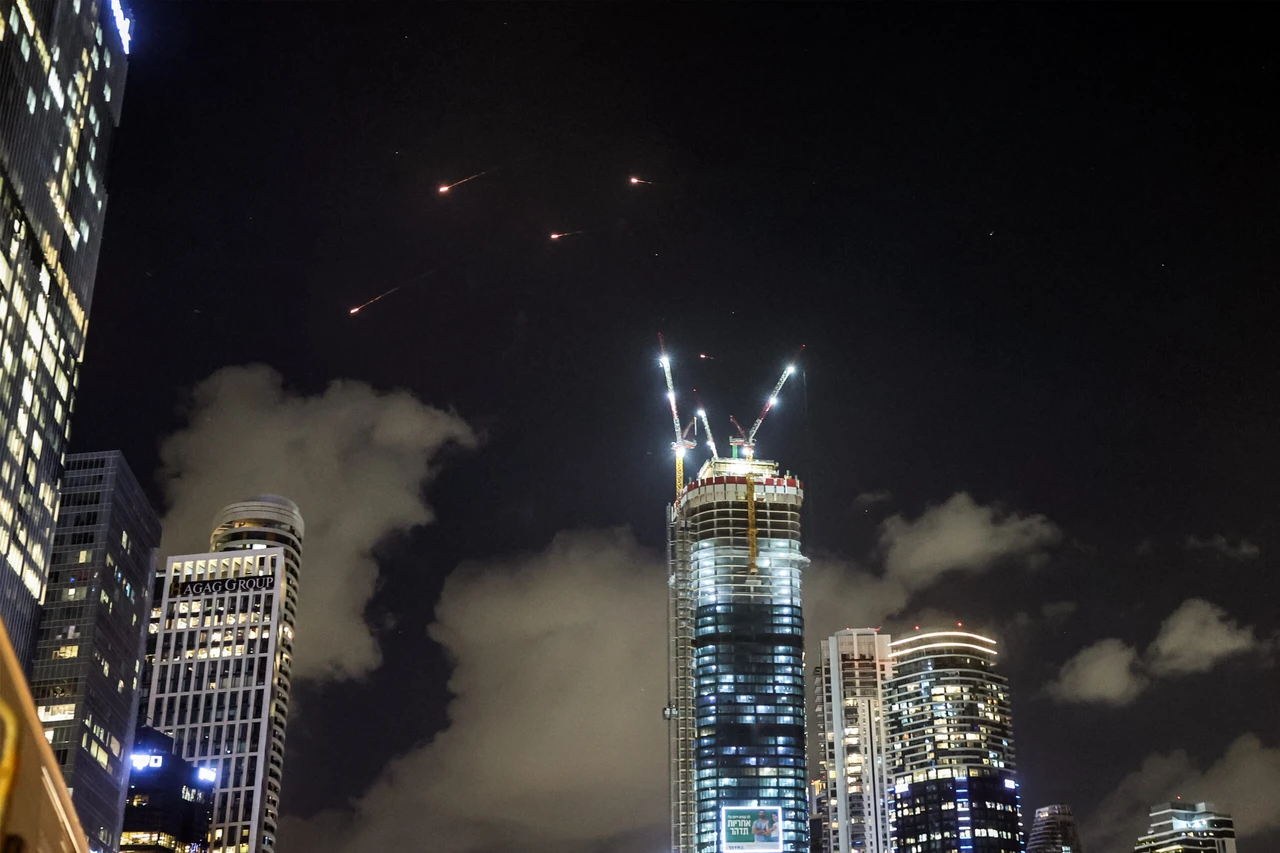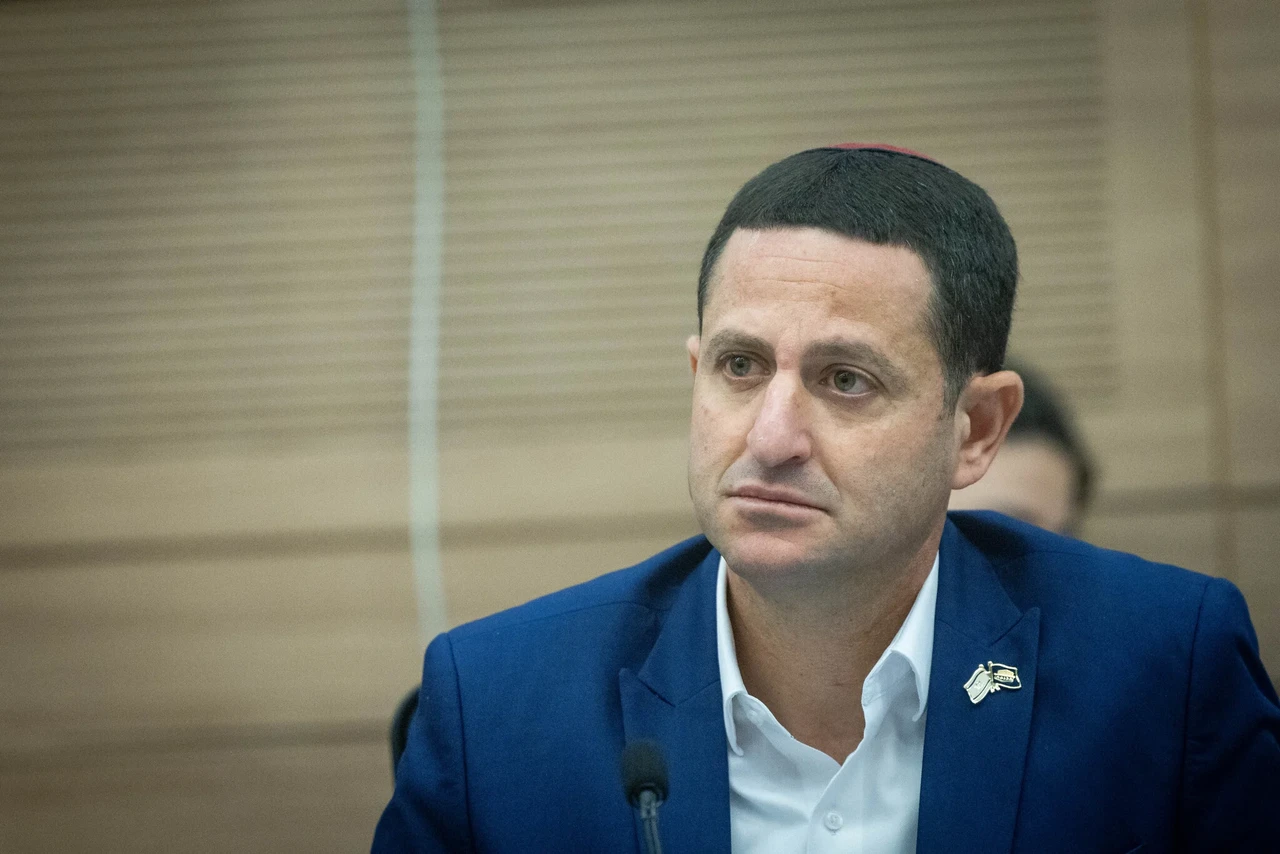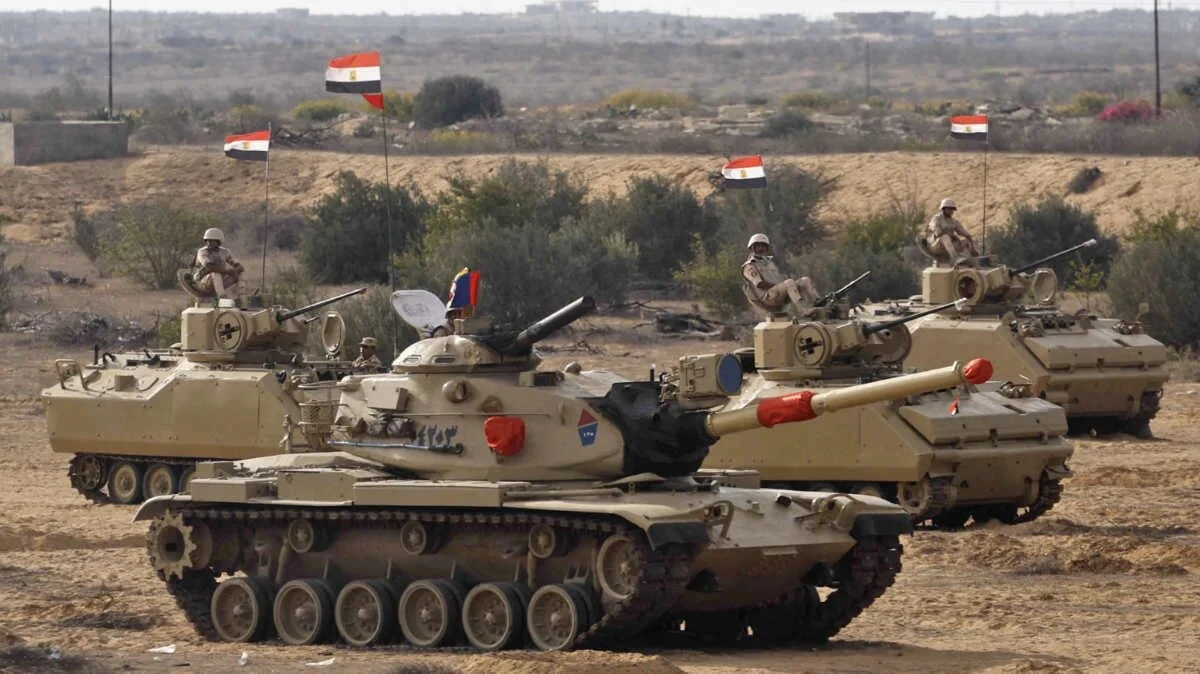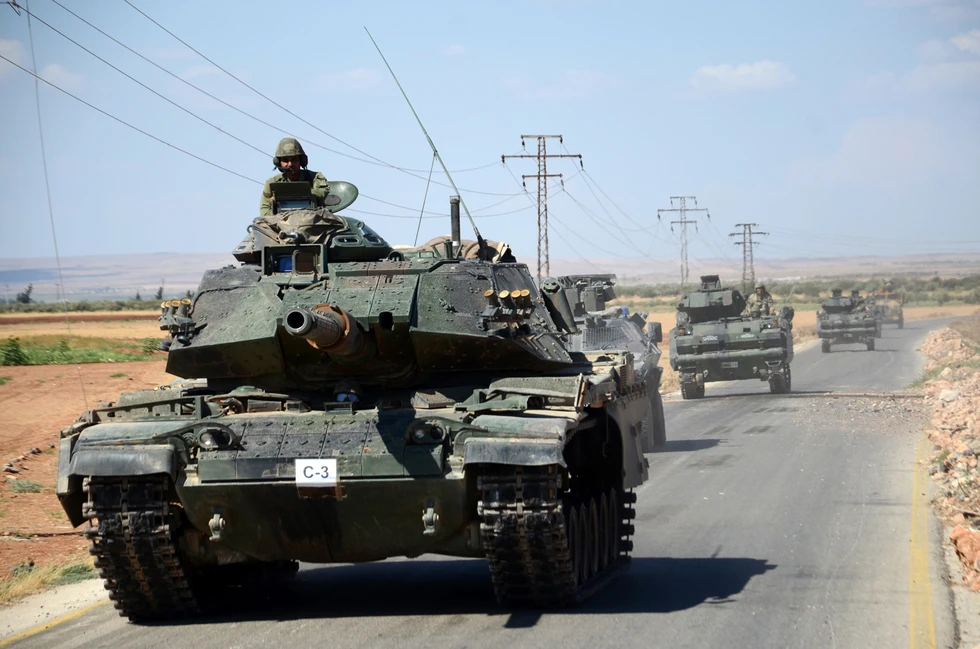Iran hits Israel with hundreds of ballistic missiles in new escalation of conflict
 Projectiles launched by Iran get intercepted above Tel Aviv, Israel, Oct 1, 2024. (AFP)
Projectiles launched by Iran get intercepted above Tel Aviv, Israel, Oct 1, 2024. (AFP)
Iran struck Israel with hundreds of ballistic missiles strikes on Tuesday evening, prompting nationwide warnings and sirens to go off as explosions were heard in Jerusalem.
The aerial attack involved hundreds of missiles headed for Israeli targets, according to Iranian state television. There were two light injuries reported in Israel as a result of the attack, according to emergency services.
Iran’s Revolutionary Guards said the missile attack was in response to the killing of Hezbollah chief Hassan Nasrallah last week as well as that of the Hamas leader Ismail Haniyeh.
“In response to the martyrdom of Ismail Haniyeh, Hassan Nasrallah and (Guards commander) Nilforoshan, we targeted the heart of the occupied territories (Israel),” the Guards said in a statement reported by the Fars news agency.
The Guards threatened to carry out “crushing attacks” against Israel if it retaliated to the attack.
“If the Zionist regime reacts to Iranian operations, it will face crushing attacks,” the Islamic Revolutionary Guard Corps said in a statement carried by Iranian news agency Fars.
Meanwhile, President Joe Biden ordered the U.S. military to aid Israel in shooting down the Iranian missiles, the White House said.
Iranian mission to the United Nations on the other hand, stated that the attack was Iran’s “legal, rational, and legitimate response” to Israel’s actions which it deemed involved targeting Iranian nationals and interests and infringing upon the national sovereignty of Iran.
“Should the Zionist regime dare to respond or commit further acts of malevolence, a subsequent and crushing response will ensue. Regional states and the Zionists’ supporters are advised to part ways with the regime,” the mission said in a post on X, formerly Twitter.
Air spaces closed, attack over
Air traffic was halted at Israel’s Ben Gurion airport following the launch of the attack, a spokesman said, and shortly afterwards Israel closed its airspace.
“There are currently no takeoffs and landings,” said a spokesman for Israel’s main international airport.
Iraq and Jordan also announced the closure of their air spaces.
Israeli army meanwhile confirmed that Iran’s attack was over, as it said no more threat from Iran “for now.”
“We will defend Israeli citizens and respond to Iranian missiles at the right time and place,” said Israeli army spokesman Daniel Hagari.
Meanwhile, U.N. Secretary-General Antonio Guterres condemned the “broadening conflict in the Middle East,” following Iran’s wave of missiles at Israel.
Slamming “escalation after escalation” in the region, Guterres said in a statement: “This must stop. We absolutely need a ceasefire.”
The aerial attack came shortly after a senior White House official’s confirmation that the United States was “actively supporting defensive preparations” for an anticipated Iranian ballistic missile strike on Israel.
Earlier, the U.S. had reported detecting signs of Iran preparing for a missile strike, prompting heightened defensive measures. Israel’s military echoed the warning, stating that any missile launch would have “serious repercussions.”
US deploys additional air power
Meanwhile, in response to escalating tensions, U.S. Central Command announced the deployment of additional air power to the Middle East, with F-15E, F-16, and A-10 warplanes either already in place or en route.
Hezbollah and Israel have been engaged in intense cross-border fighting since the onset of Israel’s war on Gaza, which has claimed more than 41,600 lives. The conflict began after a Hamas-led cross-border attack from Gaza into Israel on Oct. 7, 2023, resulting in 1,189 Israeli deaths and 250 hostages taken into Gaza.
Global concerns continue to rise over the potential for the Gaza conflict to spiral into a larger regional war, particularly as Israel expands its military operations into Lebanon and faces reacts to an Iranian missile attack.



